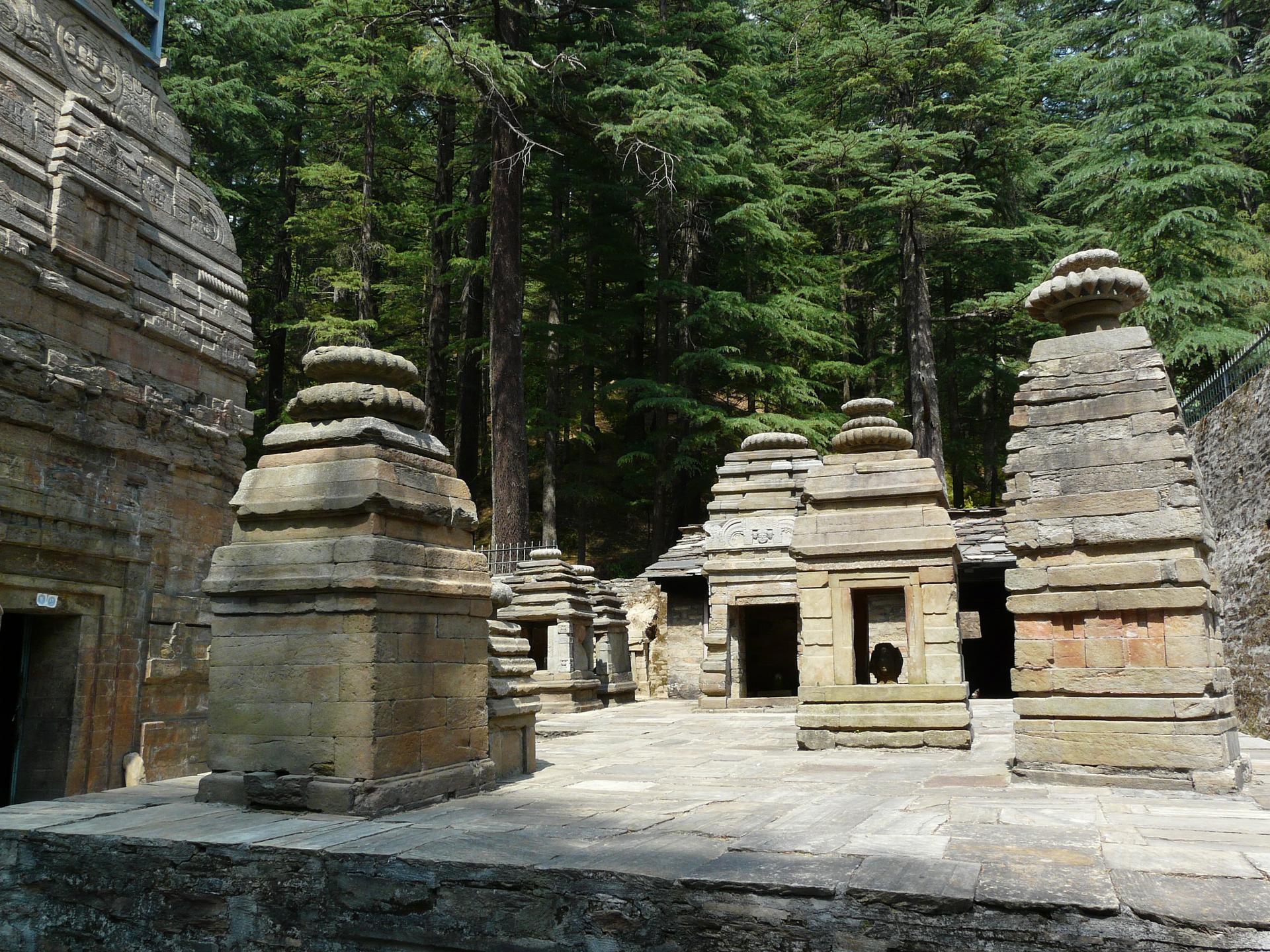MUMBAI, India – On Aug. 13, a northern state in India passed new “anti-conversion” laws which increased the penalties for those making “illegal” religious conversions.
The state of of Uttarakhand has a population of nearly 12 million people and is 83 percent Hindu. Around 14 percent of the population is Muslim, while Christians make up only 0.37 percent of the people.
Uttarakhand is the first Indian state to include digital media in its anti-conversion legislation, so people promoting their religion on apps and in sights such as YouTube could face prosecution.
The state is ruled by the Hindu nationalist Bharatiya Janata Party (BJP). Since 2014, India has been ruled by the BJP, which has strong links to the Rashtriya Swayamsevak Sangh (RSS), a militant Hindu nationalist organization. Religious minorities have complained of increased harassment since the party took power on a Hindu-first platform.
Incidents of harassment against Christians and other religious minorities have increased across India, with various Christians being detained or arrested for “attempted conversion,” and places of worship being vandalized.
“Uttarakhand is Devbhoomi (the land of gods) and a place where holy saints through the ages came and meditated,” Chief Minister, Pushkar Singh Dhami, said in a statement to the media.
“In the last few years, there have been instances of demographic changes under the guise of illegal conversions. The proposed amendment is a major step on our part to ensure that the social fabric of the Himalayan state is not changed,” he added.
The proposed law increases the jail term to 14 years for “illegal conversions,” and in some cases could lead to life in prison.
Bishop Ignatius D’Souza of Bareilly, who’s diocese covers districts in Uttarakhand state told Crux the amendment “represents a significant tightening of anti-conversion legislation, reflecting broader political and social debates around faith, identity, and state power in India.”
“The stated goal — to curb coercive or manipulative conversions — is ostensibly legitimate,” he said, but added the “sweeping definitions risk criminalizing legitimate religious expression, digital speech, and personal relationships.”
The bishop said arrest without warrant, non-bailable offences, and property confiscation “raise serious due process and human rights questions.”
“Laws perceived as targeting minority groups may deepen societal divisions rather than preserving unity,” he added.
“In essence, while safeguarding voluntary religious choice is important, legislation of this nature must be nuanced, sharply defined, and built with adequate safeguards to prevent misuse and uphold constitutional freedoms,” D’Souza explained.












